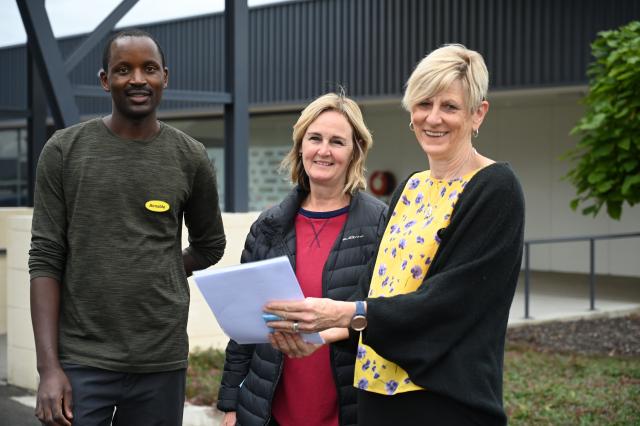Boandik Lodge welcome aged care commitments

Digital Edition
Subscribe
Get an all ACCESS PASS to the News and your Digital Edition with an online subscription
2026 season continues for Lake Bonney shooters
A WARM and sunny day for shooters of Lake Bonney Sporting Clays attracted 66 from South Australia and Victoria to participate in the second...







